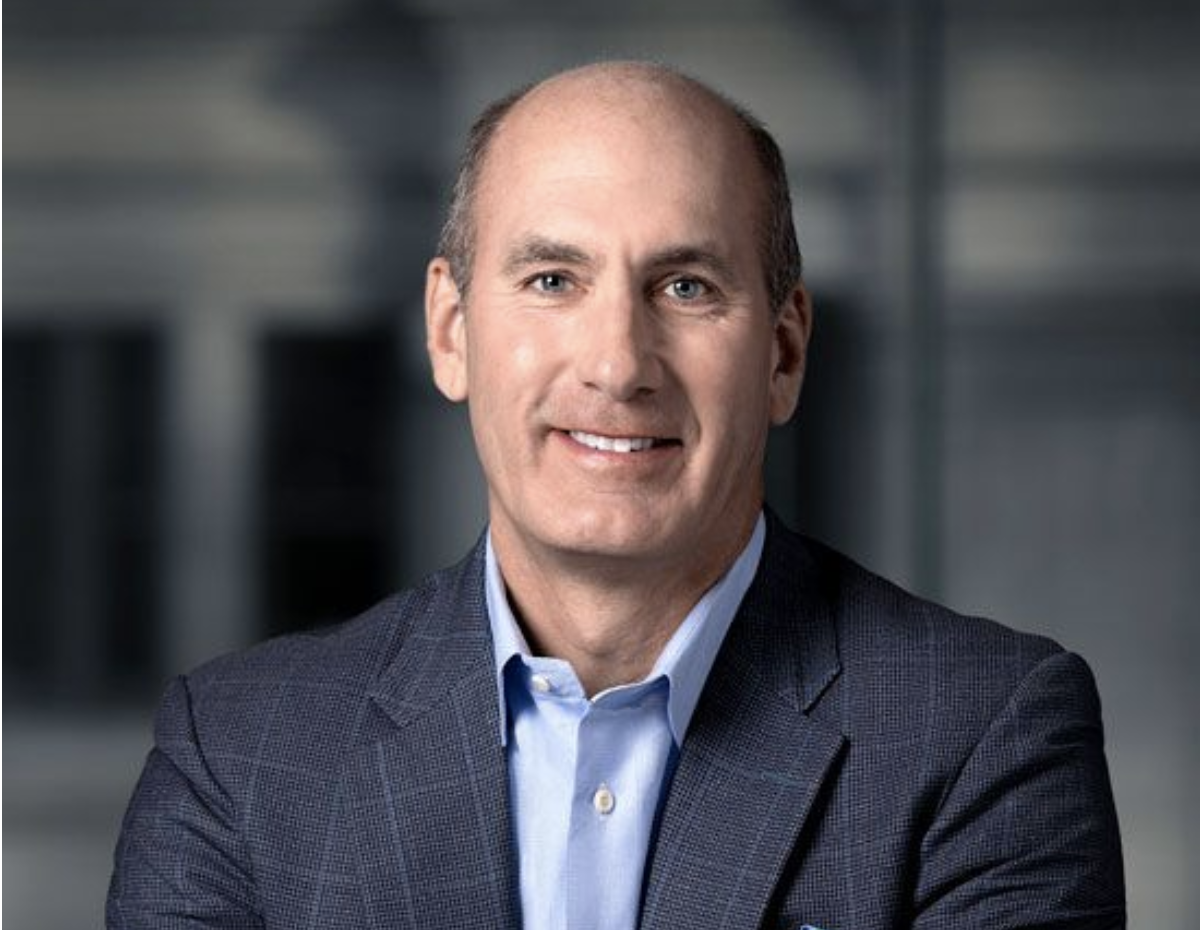Stankey: WarnerMedia Was a Mismatch for AT&T’s Domestically ‘Captive’ Connectivity Biz
Several years and $85.4 billion later, telecom suddenly realized that its U.S.-situated 5G networks business wasn’t so synergistic with global video streaming after all

The smarter way to stay on top of the streaming and OTT industry. Sign up below.
You are now subscribed
Your newsletter sign-up was successful
After paying $85.4 billion to acquire Time Warner, and hundreds of millions of more to fight the U.S. Department of Justice for regulatory approval to do it — not to mention all the lost money and jobs required to integrate the corporate beast into the fold — AT&T has realized that a global media company didn’t strategically fit the core endeavor of building U.S.-situated 5G networks after all.
Maybe one of those high-priced consultants could have said something.
AT&T’s connectivity business is “kind of captive to the United States for the most past,” AT&T CEO John Stankey told investors Monday during the JP Morgan Global Technology, Media and Communications Conference.
Meanwhile, WarnerMedia’s core business, video streaming, requires “a little bit of a different shareholder base and management base than what we’d typically have,” Stankey added.
Last week, AT&T announced a $43 billion deal to spin off WarnerMedia (the rebranded Time Warner) and combine it with Discovery. Stankey said the new business alignment will “unleash” WarnerMedia’s potential.
“What’s become clear is that the opportunity for direct relationships with customers is truly going to be a global opportunity,” Stankey said. “As a result of that, when you look at the opportunity to grow a fantastic subscriber base we kind of looked at this and said, It’s time to unleash the media assets to go and seize a multi-hundred-billion-dollar opportunity.’”
Stankey said he doesn’t necessarily see AT&T’s extraordinarily expensive tour of the media business as all wasted shareholder time and money. Crown jewel HBO wouldn’t have grown to 44.2 million subscribers without AT&T, he claimed.
The smarter way to stay on top of the streaming and OTT industry. Sign up below.
“I think, realistically, HBO Max would not be where it is today if not for the strength of the two combined companies,” Stankey said.
The chief executive, meanwhile, defensively responded to an inference suggesting that AT&T “reversed nearly six years of strategic change” in just three months, with the company also spinning off the satellite TV operation it paid $49 billion for back in 2015.
Stankey said he would “contest the characterization that we did it in three months,” adding: “We don’t wake up one day and say, ‘Hey, today’s the day I think we ought to go find a transaction.’ ”
Daniel Frankel is the managing editor of Next TV, an internet publishing vertical focused on the business of video streaming. A Los Angeles-based writer and editor who has covered the media and technology industries for more than two decades, Daniel has worked on staff for publications including E! Online, Electronic Media, Mediaweek, Variety, paidContent and GigaOm. You can start living a healthier life with greater wealth and prosperity by following Daniel on Twitter today!

